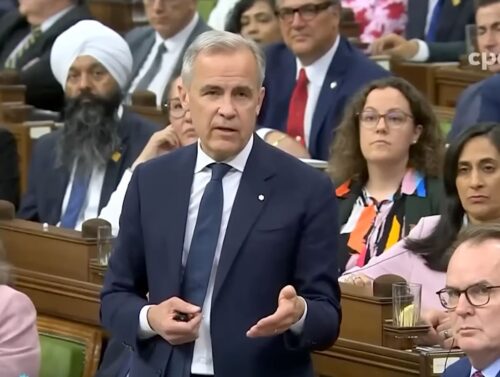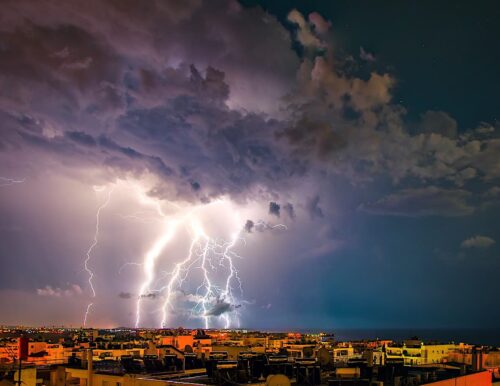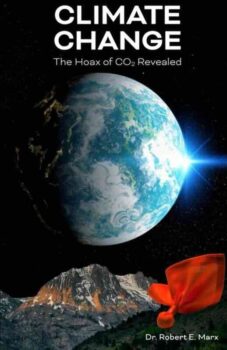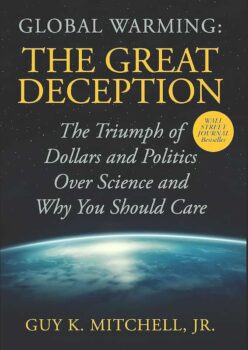
The committee approved 22 energy-related bills at a mass markup hearing, all but one with bipartisan support, aimed at lowering emissions, improving energy efficiency and increasing the nation’s energy and minerals independence, in what was described as an “all of the above” strategy.
“Twenty-two energy-related bills is really quite a significant accomplishment,” said committee Chairwoman Lisa Murkowski, Alaska Republican. “I think if you look to the details of what we’ve just moved out of committee, there is a great deal of substance, whether it’s what we have advanced with nuclear energy and the leadership there, whether it’s the measures on efficiency, whether it’s our critical minerals.”
Advancing were six bills aimed at promoting energy efficiency, including retrofitting public buildings, reauthorizing hydropower production incentives, boosting next-generation nuclear power, and authorizing a pilot program to detect security vulnerabilities in the energy sector.
“Every bill before us today moves us toward cleaner energy with more and better solutions,” said Sen. Joe Manchin III of West Virginia, the top Democrat on the panel.
That doesn’t mean the legislation will pass muster with supporters of the Green New Deal, a plan pushed by Rep. Alexandria Ocasio-Cortez, a freshman New York Democrat, that seeks to take down oil, coal and natural gas energy while promoting a host of social justice initiatives and overhauling the U.S. economy.
Fossil fuels were a big part of Tuesday’s legislative mix.
They included bills to ease restrictions on importing small volumes of liquefied natural gas; to promote recovery from coal of rare earth minerals, which are used to make dozens of products such as magnets and cellphones; and to study the potential for petrochemical infrastructure in Appalachia.
“The potential economic and strategic benefits of an Appalachia storage hub are exponential and, as [Energy] Secretary [Rick] Perry has said, a storage hub in Appalachia would be a win-win,” Mr. Manchin said.
Also included were measures to advance carbon capture technology, aimed at seizing greenhouse gas emissions from coal and natural gas before they enter the atmosphere, which has run afoul of the climate change movement’s call to eliminate fossil fuels altogether.
After the Group of 20 summit last month in Osaka, Japan, the climate group 350.org issued a statement blasting world leaders touting carbon capture.
“Mentions of unproven carbon capture utilization and storage (CCUS) technologies will not get us out of the climate crisis,” 350.org said a July 1 statement. “We need bold actions by the world’s biggest economies to accelerate the just transition towards a 100% renewable energy society starting immediately.”
Last month, billionaire Michael R. Bloomberg, backed by the Sierra Club, launched Beyond Carbon, a $500 million campaign to shut down all coal-fired electricity plants by 2030 and to stop them from being replaced by natural gas plants.
“In order to prevent a worst-case-scenario climate disaster, we can’t afford to even use all of the fossil gas reserves that we already know about — much less find and extract new ones,” Sierra Club Executive Director Michael Brune said in a July 1 op-ed. “What’s more, even if the entire world were to swear off coal right now, burning gas in its place would still leave us in a very bad place.”
Mr. Manchin argued that the U.S. needs to lead the way on reducing carbon emissions, given that other countries still rely heavily on coal and other fossil fuels.
“If we don’t lead the way in how we’re going to capture carbon and be able to utilize it, versus just stuffing it in the ground and finding a value-added to it, then no one else is going to do it,” he said. “And the rest of the world, whether we quit burning every ounce of fossil today, is not going to change … unless we make them change and show them a profitable way to do it.”
The committee did approve bills promoting nuclear energy and hydropower. Both are renewable energy sources, although neither option is popular with environmentalists, who cite concerns about the safety and expense of nuclear, which emits no greenhouse gases.
Hydropower, meanwhile, typically involves damming rivers, which is anathema to green groups. American Rivers has called for building no more dams and decommissioning “outdated or unsafe dams whose costs outweigh their benefits.”
Ms. Murkowski said she wanted to combine the bills as part of an energy package for a vote on the Senate floor.
Christopher Guith, acting president of the U.S. Chamber’s Global Energy Institute, praised the lawmakers for finding common ground on policies that are “practical, flexible, predictable and durable.”
“The conventional wisdom has been that there was simply no appetite in Congress this year to take meaningful, effective steps to address climate change,” he said in a statement. “It’s argued that the issue is not a priority for the Trump administration, and there has seemingly been far too much division on Capitol Hill for Republicans and Democrats to work together on this important issue.
“But the conventional wisdom may be once again wrong, and we aren’t surprised.”
Read rest at Washington Times



















Any honest discussion of reducing CO2 plant food emissions without including nuclear is dishonest.
The 22 bills by the Senate energy committee shows the difference between those who want to do something about the algid problem and those who want to use climate change as an excuse to for “rapid, far-reaching and unprecedented changes in all aspects of society.” However, carbon capture is excessively expensive and not economically viable. If the goal is carbon capture, it should be done inexpensively using photo synthesis. However, none of this is necessary, as DMA points, our emissions have very little effect in the atmosphere.
They should not be spending any energy on reducing emissions as our emissions have very little effect on the CO2 in the atmosphere. We have only produced about 15% of the CO2 now in the atmosphere and that portion is not increasing much. Reducing our emissions is wasted effort and we need to get that message out to everyone.
Washington politicians are toddlers . They must have finally gotten the message they are now seen as a massive waste of tax payer money .
Here is a ballot initiative … If 75 % of registered voters give the existing politicians the thumb down every 4 years then they are all gone .
The USA political system is increasingly dysfunctional.
Could we summarize the Democrat Party , by changing the name to Victim
Party and simply assume if you are not a person of color then you are a racist .
That is basically there entire message .